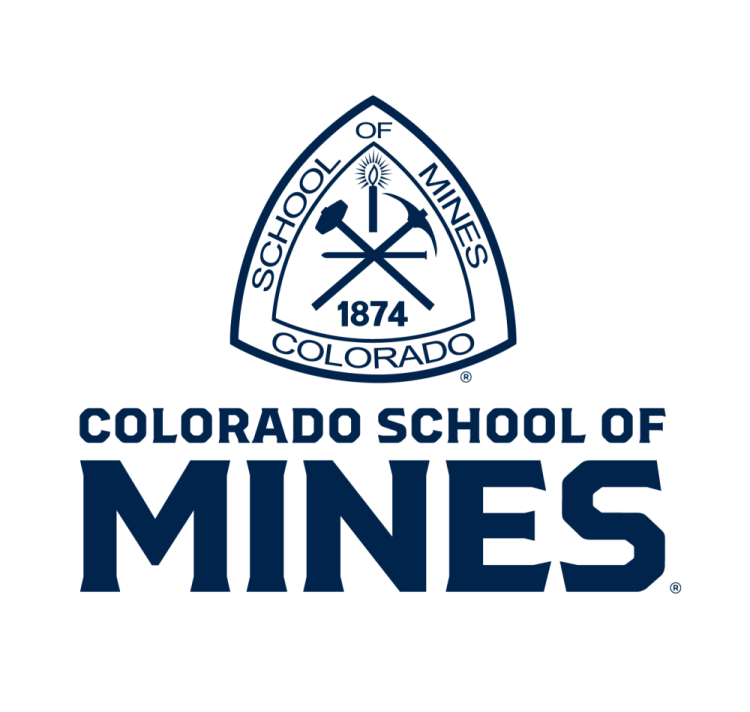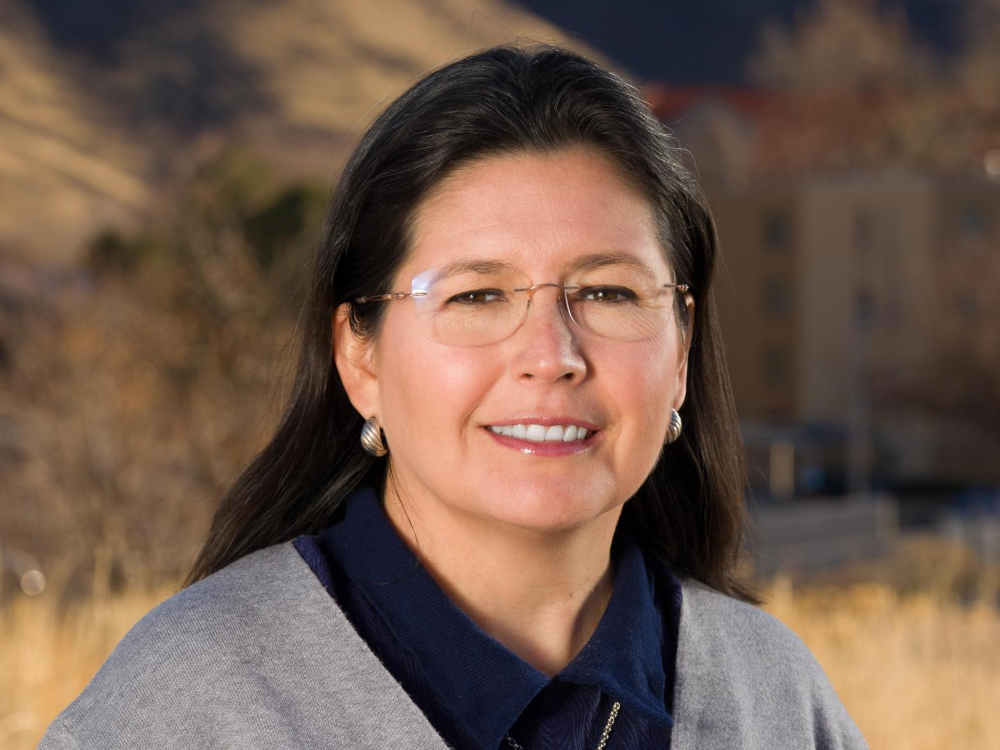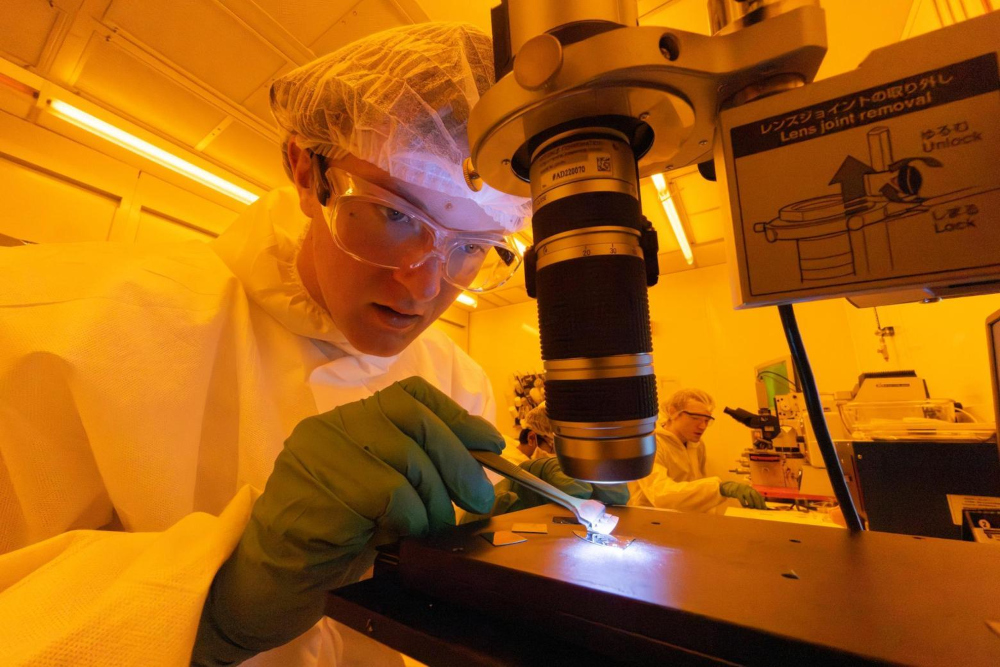
Omid Beik and C. Michael McGuirk from the Colorado School of Mines have been awarded the 2025 NASA Early Career Faculty Award, two of only eight recipients this year. This prestigious grant supports innovative research by promising faculty aimed at enhancing the effectiveness and sustainability of space exploration.
Beik, an assistant professor of electrical engineering, and McGuirk, an associate professor of chemistry, will engage in groundbreaking research to advance technologies critical for future space missions. McGuirk noted, “We usually do a lot of really fundamental exploratory science. This is still fundamental science, but we are trying to do it to intuitively enable new technology.”
Beik’s research focuses on developing a megawatt-scale propulsion system designed to significantly increase spacecraft power capacity, which could enable more extensive exploration beyond current limits. He explained that existing spacecraft operate below 300 volts, while his project aims to generate around 10,000 volts. “This project is looking at generating around 10,000 volts, while managing breakdown voltages. That is a massive leap in voltage,” Beik said.
Meanwhile, McGuirk is exploring energy solutions for missions on the Moon and Mars, where reliable power sources are essential. He is working on fuel cells capable of converting chemical fuel into energy without combustion, which could support mobile exploration vehicles in regions with limited sunlight. “These kinds of frameworks allow you to move a lot of gas, which acts as fuel, in and out of the ‘sponge’ with just small swings in pressure and temperature,” McGuirk said.
Both projects will take place at the Colorado School of Mines, leveraging local resources and expertise, including insights from PhD student Theresa Nosel, who has prior NASA experience. Beik emphasized the importance of their location, stating, “We are in the right location, being in Colorado and close to Denver. There’s a lot of space industry here.”
The work by Beik and McGuirk could lead to advancements in space exploration and also has potential applications for fuel cell technology on Earth.


